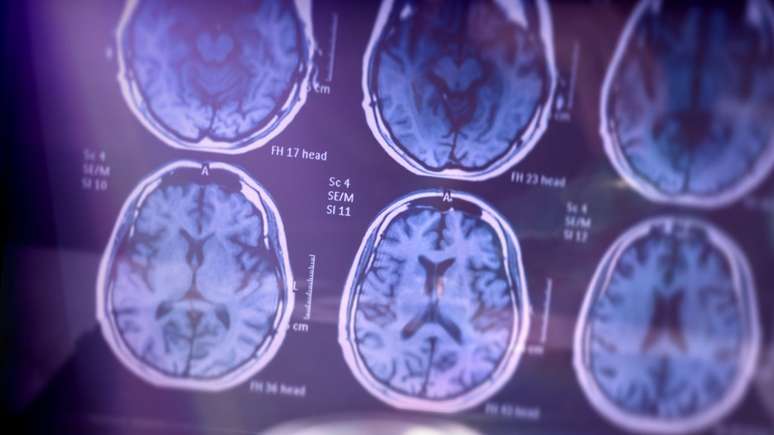If you have dogs, you need to be aware of possible prostate problems in animals that may occur and should be treated.
Did you know that it’s not just humans who have to worry prostate problemsand they can they also appear in dogs? Yes, prostate cancer, although rare, can affect these animals.
“The prostate is a gland that is part of the male reproductive system and surrounds the urethra. Due to the anatomical region, any changes in the prostate can interfere with nearby organs, preventing the passage of urine and even creating difficulties for the animal in defecation, “explains Pamela Pioli Meneghesso, head of veterinary products at Avert Saúde Animal.
Some of the most common symptoms of prostate problems in dogs are: difficulty urinating, blood in the urine, dripping (blood, urine or discharge) from the penis, recurrent urinary infections, difficulty defecating, “ribbon stools” and, in some cases , difficulty moving.
“These symptoms are often confused with problems with the urinary, digestive and even locomotor systems. In other cases, the animal may present prostate problems without showing any clinical signs, but interfering with its well-being, which is why it is important to discuss topic,” says the professional
Abdominal palpation and ultrasound help diagnose and delay the progression of prostate disorders, and castration may contribute as a protective factor. If diagnosed early, prostate cancer can also be cured. Therefore, it is very important to maintain your pet’s check-up routine with your veterinarian.
The professional lists below 3 of the main changes in the prostate that owners should pay attention to:
Benign prostatic hyperplasia (BPH)
It is very common in older, unneutered dogs. It occurs due to a marked increase in the size of the prostate, which can cause compression of regional structures, such as the rectum, colon, and urethra.
Although it does not pose a risk to the animal’s life, prostatic hyperplasia negatively interferes with the dog’s well-being and neutering is also indicated as a treatment, with the possibility of reducing the size of the prostate after surgery.
Prostatitis
Prostatitis is an inflammation of the prostate gland, which may or may not be infectious. Animals with BPH are more likely to have the condition, which causes pain, discomfort and discomfort for the animal. Infectious prostatitis can facilitate urinary infections and other more serious pathologies for the animal.
Treatment is complex and, if not treated properly, prostatitis can become chronic.
Prostate cancer
Despite its low incidence, prostate cancer in dogs is extremely aggressive and harmful to the animal, favoring rapid metastasis.
Clinical signs include weight loss, weakness of the pelvic limbs, urinary retention or incontinence, swelling of the pelvic limbs and abdominal pain or low back pain, associated with the previously mentioned symptoms.
Unfortunately, diagnosis is often late, limiting treatment options and therapeutic success.
Source: Terra
Ben Stock is a lifestyle journalist and author at Gossipify. He writes about topics such as health, wellness, travel, food and home decor. He provides practical advice and inspiration to improve well-being, keeps readers up to date with latest lifestyle news and trends, known for his engaging writing style, in-depth analysis and unique perspectives.








